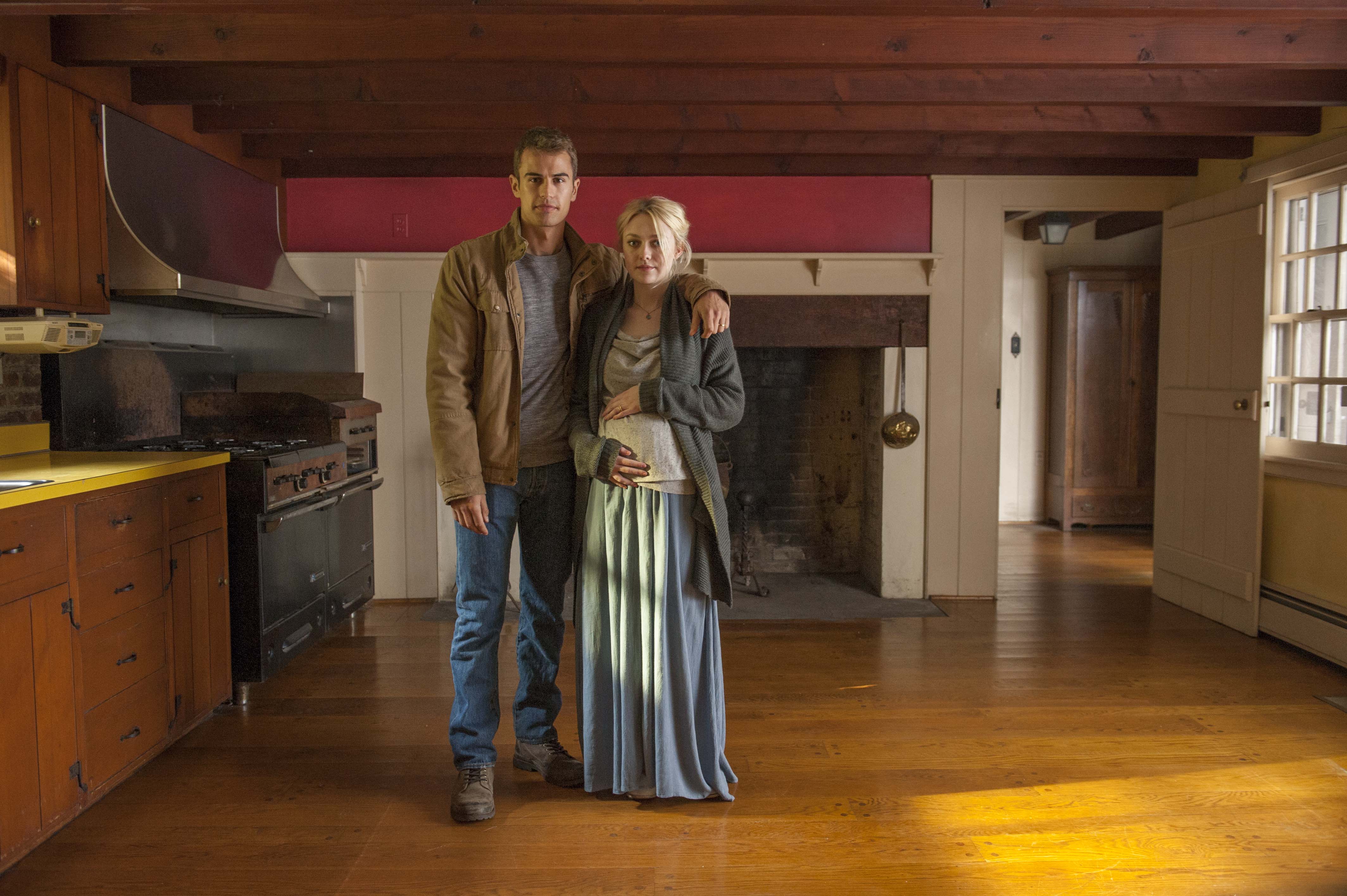By providing your information, you agree to our Terms of Use and our Privacy Policy. We use vendors that may also process your information to help provide our services. This site is protected by reCAPTCHA Enterprise and the Google Privacy Policy and Terms of Service apply.
Tribeca: Why Dakota Fanning Doesn’t Consider Herself a ‘Famous Person’

When Dakota Fanning burst onto the scene at age seven in 2011’s “I Am Sam,” she already had the poise of a seasoned actress. Though she’d only appeared in small television roles, Fanning gave Sean Penn a run for his money as his astute daughter. (She stole most of their scenes together). For a while, Fanning had a corner on the market playing precocious children in bigger Hollywood productions. Now, with 55 credits to her name, Fanning has transcended that ability. Her recent choices have been decidedly risky: she’s played a rape victim (“Hounddog”), delinquent teens (“Night Moves” and “The Runaways), and now a pregnant young woman alongside Richard Gere in “Franny,” which recently premiered at the 2015 Tribeca Film Festival. We caught up with Fanning to discuss her Hollywood childhood, her commitment to strong roles, and her impending graduation from NYU.


Do you want to direct one day?
I definitely do. I’ve always known that I want to be a director, but I’ve also learned that I would love to find my own material and develop that. Maybe not even be in it; developing projects, as well, instead of just being a passive person in your career, waiting for things to come along. That can be frustrating sometimes, and I’m looking forward to being very active on that side. I would love to direct one day. I value the relationship that I have with a director so much, and I would be really excited to be on the other end of that relationship.
 What kind of stories do you think you would be ultimately drawn to?
What kind of stories do you think you would be ultimately drawn to?
It’s hard to say. One of my favorite movies is “Blue Valentine,” and I wish I could have directed that or been in it. It’s one of those where you get this, “Oh, it’s so good” — I loved that movie. Something like that would be amazing, but you never know. Maybe I’m a comedic director. You never know!
READ MORE: Tribeca Review: Richard Gere as You’ve Never Seen Him Before in ‘Franny’
By providing your information, you agree to our Terms of Use and our Privacy Policy. We use vendors that may also process your information to help provide our services. This site is protected by reCAPTCHA Enterprise and the Google Privacy Policy and Terms of Service apply.


















